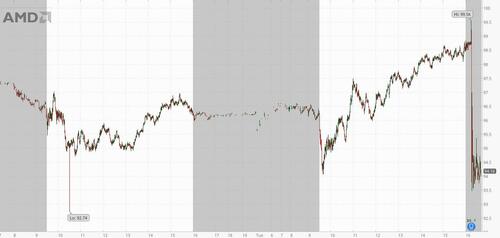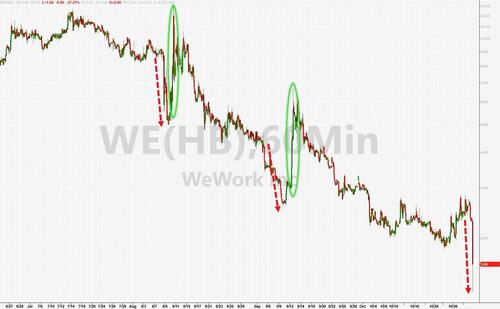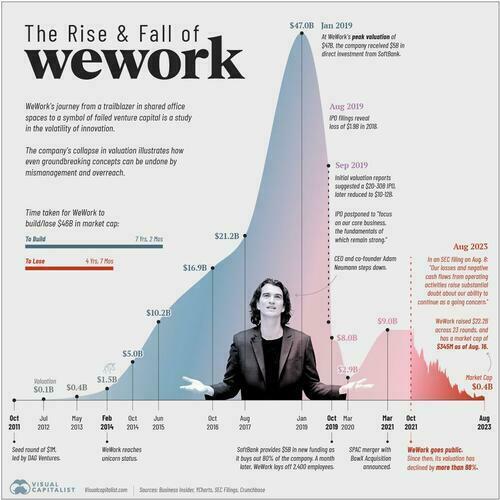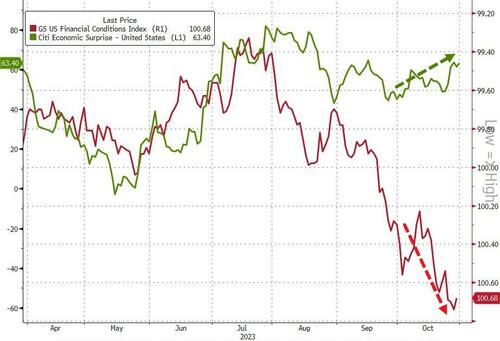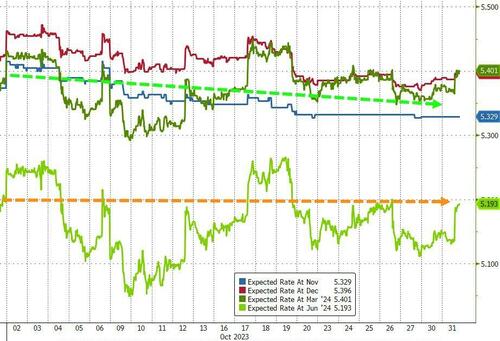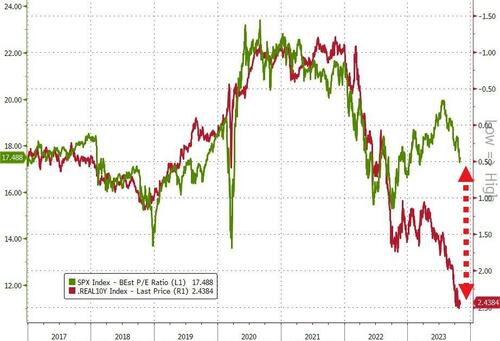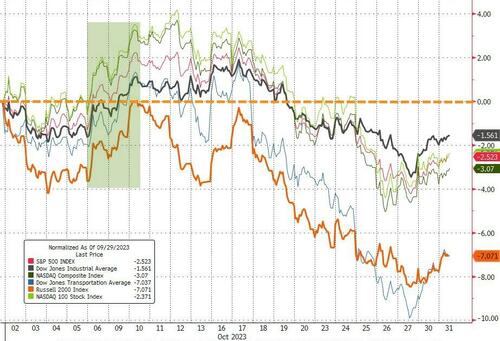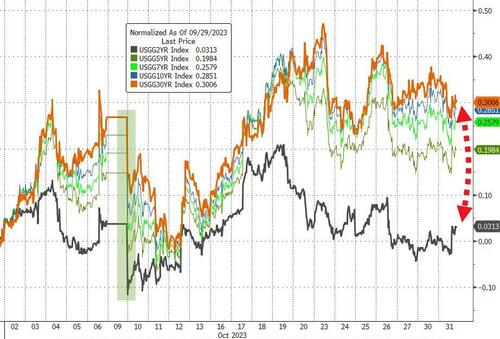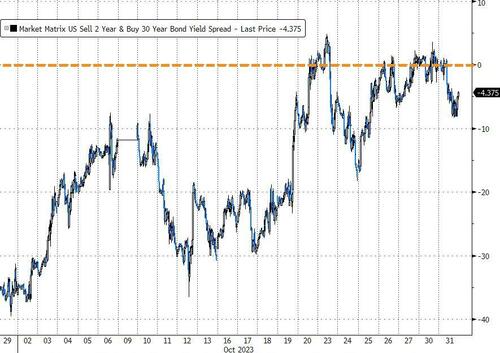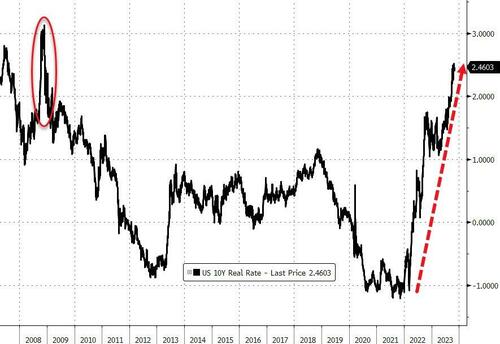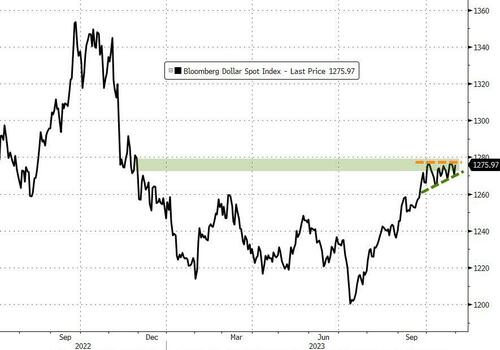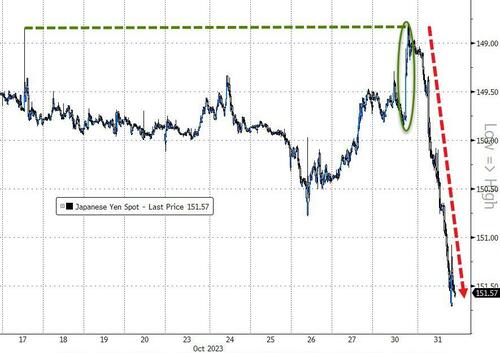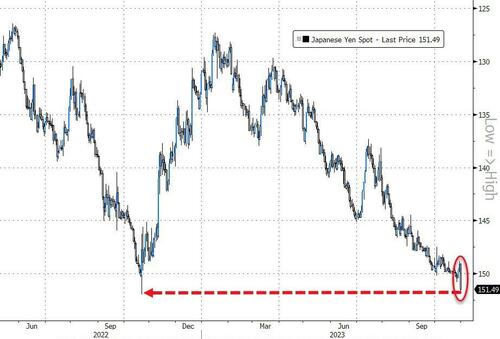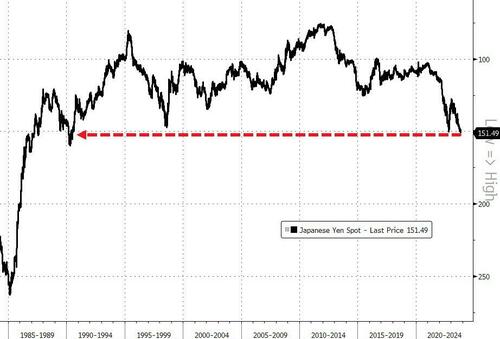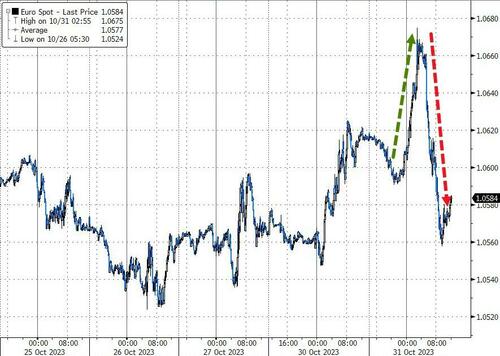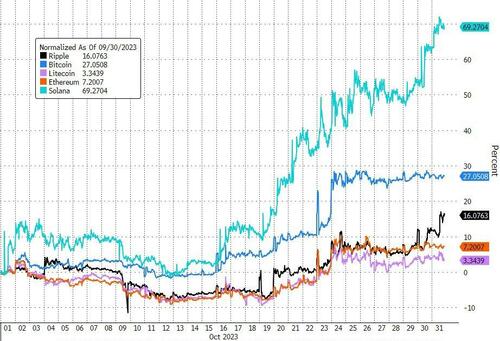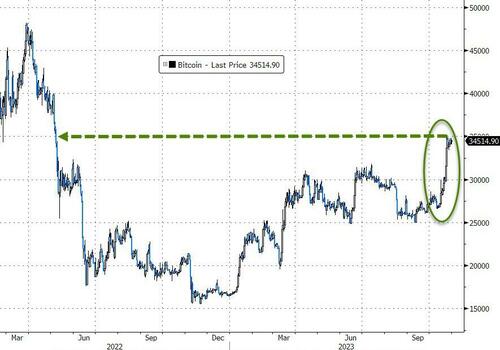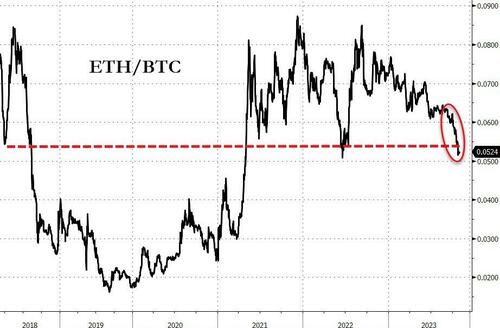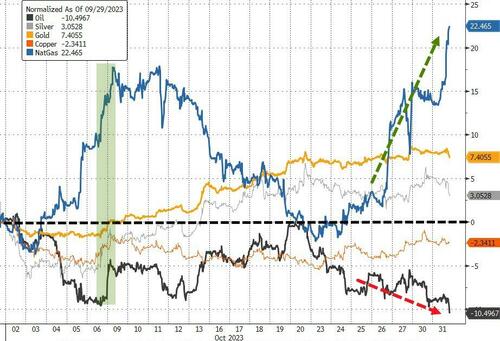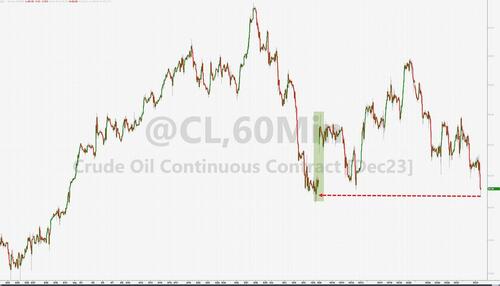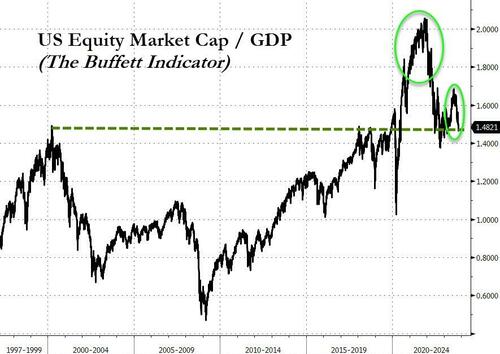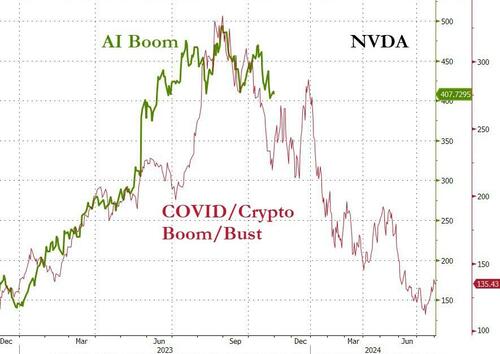In February 2019, police in Satsuma, Alabama, pulled over Halima Culley’s son and arrested him for possession of marijuana and drug paraphernalia. They seized the car, which belonged to Culley, and tried to keep it under Alabama’s civil forfeiture law. Although Culley ultimately got her car back as an “innocent owner,” that process took 20 months.
That same month, a friend borrowed Lena Sutton’s car. He was pulled over in Leesburg, Alabama, and arrested for methamphetamine possession. Like Culley, Sutton successfully invoked the “innocent owner” defense to get her car back after police seized it. But that did not happen for over a year. In the meantime, her lawyer told the U.S. Supreme Court on Monday, “she missed medical appointments, she wasn’t able to keep a job, she wasn’t able to pay a cell phone bill, and as a result” she “was not in a position to be able to communicate about the forfeiture proceedings.”
In separate class-action lawsuits, Culley and Sutton unsuccessfully argued that they and similarly situated property owners have a due process right to a prompt post-seizure hearing aimed at determining whether they can keep their cars while a forfeiture case is pending. The issue for the Supreme Court in Culley v. Marshall is which standard to apply in deciding that question. During oral arguments in the case, several justices showed a heartening awareness of the injustices inflicted by civil asset forfeiture, a system of legalized larceny that allows law enforcement agencies to pad their budgets by confiscating allegedly crime-tainted property.
“I’m very sympathetic [to] the problem that you’ve identified,” Justice Neil Gorsuch, who has previously expressed concern about civil forfeiture abuses, told Shay Dvoretzky, the attorney representing Culley and Sutton. “Clearly, there are some jurisdictions that are using civil forfeiture as funding mechanisms,” he noted. They therefore are not keen to expedite innocent owners’ challenges, he said, and may impose onerous requirements, such as telling forfeiture victims, “You can get your car back if you call between 3 and 5 p.m. on a Tuesday and speak with someone who is never available.”
In other words, Gorsuch said, “there are arguments to be made that there are attempts to create processes that are deeply unfair and obviously so in order to retain the property for the coffers of the state.” He also noted “allegations before us” that “some states, because law enforcement uses these forfeitures to fund themselves,” have been known to demand that an owner surrender some of his property in exchange for getting the rest back or “engage in other concessions outside of regular process.” The due process test that Alabama prefers “would seem to strip the courts of tools to deal with those kinds of cases,” he told Alabama Solicitor General Edmund G. LaCour Jr., who argued that “the forfeiture proceeding without more provides the post-seizure hearing required by due process.”
In contrast with previous civil forfeiture cases, Gorsuch added, “we know a lot more now…about how civil forfeiture is being used in some states, about the kinds of abuses that it’s subject to, about the kind of incentives operating on law enforcement officers that tend toward those abuses.” If “we look around the world and we think there are real problems here and those problems would be solved if you got a really quick probable cause determination,” he asked LaCour, “why shouldn’t we do that?”
Justice Sonia Sotomayor, who like Gorsuch has a history of questioning civil forfeiture practices, also highlighted the problems created by laws that give cops a license to steal. “We know there are abuses of the forfeiture system,” she said. “We know it because it’s been documented throughout the country repeatedly.” Those laws, she noted, give police a financial incentive “to seize property to keep its value as opposed to issues of probable cause or issues of legitimacy of the seizure.” That incentive, she said, “has often led to months, if not years, of retention of property that ultimately gets returned to the owner,” either “because there was…no probable cause” or “because of the innocent owner defense.” Yes, the process can take years.
If innocent owners like Culley and Sutton could seek the return of their cars before a final determination of whether they are subject to forfeiture, LaCour warned, “you’re going to have more property released to criminals, it’s going to potentially be misused again, crime will pay more, and you will have more crime.” Sotomayor pushed back: “I doubt very much that criminal defendants from whom cars have been taken are going to seek a retention hearing because whatever they say will be used against them in the criminal case.” She noted that there is no evidence to support LaCour’s scenario in New York, where owners are entitled to such hearings within 10 business days of a seizure.
“These cases are most important for one group of people, innocent owners, because they are people who claim they didn’t know about the criminal activity,” Sotomayor said. “Many of these cases involve parents with…teenage or close-to-teenage children involved in drug activity. The ones that don’t may involve spouses or friends….It is not criminals keeping cars. It’s innocent owners receiving back their cars months, if not years, later.”
Justice Ketanji Brown Jackson amplified Sotomayor’s point. These cases, she said, involve people who “say that they’re innocent owners, that they own the property and that they knew nothing about the drugs.”
Nicole Reaves, assistant to U.S. Solicitor General Elizabeth Prelogar, joined LaCour in arguing that due process requires nothing more than “a timely final forfeiture hearing.” Sotomayor again was not buying it. “You keep saying ‘timely,'” she said. “I don’t know what ‘timely’ is….Some hearings, by the nature of what the courts are doing, are taking up to a year or more. I don’t consider that timely if I’m an innocent owner who relies on my car…for survival.”
Regarding the history of civil forfeiture, Sotomayor noted that “English common law provided post-seizure process separate from the final forfeiture hearing.” While “we don’t have a similar history in early American courts,” she said, that’s because civil forfeiture in the United States was, until relatively recently, narrowly and expeditiously applied.
“Except for pirate ships and some isolated other types of seizures, we don’t have a robust forfeiture process until the 1970s,” Sotomayor noted. “If the common law doesn’t have a clearly established process, does that mean no process is ever due, or does it mean that we have to judge it by the circumstances that exist in modern times? I would think it’s the latter….Forfeitures were quicker earlier in our history. Forfeitures were rare. And now we’ve expanded them to all sorts of property interests, even those involving innocent owners. It’s a new thing.”
The Institute for Justice, which filed a brief in support of Culley and Sutton, welcomed Sotomayor et al.’s acknowledgment of civil forfeiture’s unfair consequences. “Without a prompt hearing after their property is seized, innocent owners can lose the use of their vehicle for months or years, causing great hardship,” said Institute for Justice senior attorney Dan Alban. “The Court asked tough questions about how to apply past precedent in evaluating the adequacy of forfeiture procedures. However the Court answers those questions, we hope a majority will recognize that it simply is not constitutional for the government to hold someone’s car or other property for months or even years without any way to get a hearing.”
The post Several Justices Express Dismay at Long Delays in Returning Seized Cars to Innocent Owners appeared first on Reason.com.
from Latest https://ift.tt/oyJZXSA
via IFTTT



